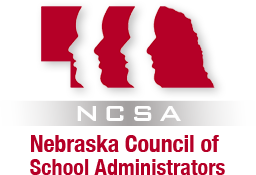Dr. Nancy Becker
Problem. The purpose in this study was to determine if student teachers who have high internal locus of control and those who have high external locus of control approach student teaching differently and whether they interpret their experiences in a different manner. Procedure. The study included administering the Rotter I-E Scale to twenty-eight University of Nebraska-Lincoln teacher education majors who were beginning their student teaching experience in two Lincoln Public Schools junior high schools and two Lincoln Public Schools senior high schools. The Rotter I-E Scale was used to identify four student teachers with high internal locus of control and four student teachers with high external locus of control. An ethnographic approach for completing the study was utilized, and the collection of data consisted of three separate sources--observations, interviews, and videotapes. Each student teacher was observed three times during the student teaching experience, notes were taken during the observation, and each student teacher was interviewed following the observation. Transcriptions of the taped interview were made. Four videotapes were made of consenting student teachers (two student teachers with internal locus of control and two student teachers with external locus of control) as they conducted a lesson in their classroom. Information from the observations, interviews and videotapes were gathered and analyzed. Comparisons were noted among the student teachers with internal control, among the student teachers with external control, and between the internal and external locus of control student teachers. Findings. Some conclusions from this study were: (1) Student teachers with internal locus of control expressed more confidence in themselves than student teachers with external locus of control. (2) Student teachers with internal control attempted to check for their students' understanding of concepts more frequently than student teachers with external control. (3) Internal locus of control student teachers did not express as much concern regarding discipline as external locus of control student teachers. (4) Internal locus of control student teachers, as compared to external locus of control student teachers, noted their cooperating teachers as playing an important role in their student teaching experience.
























